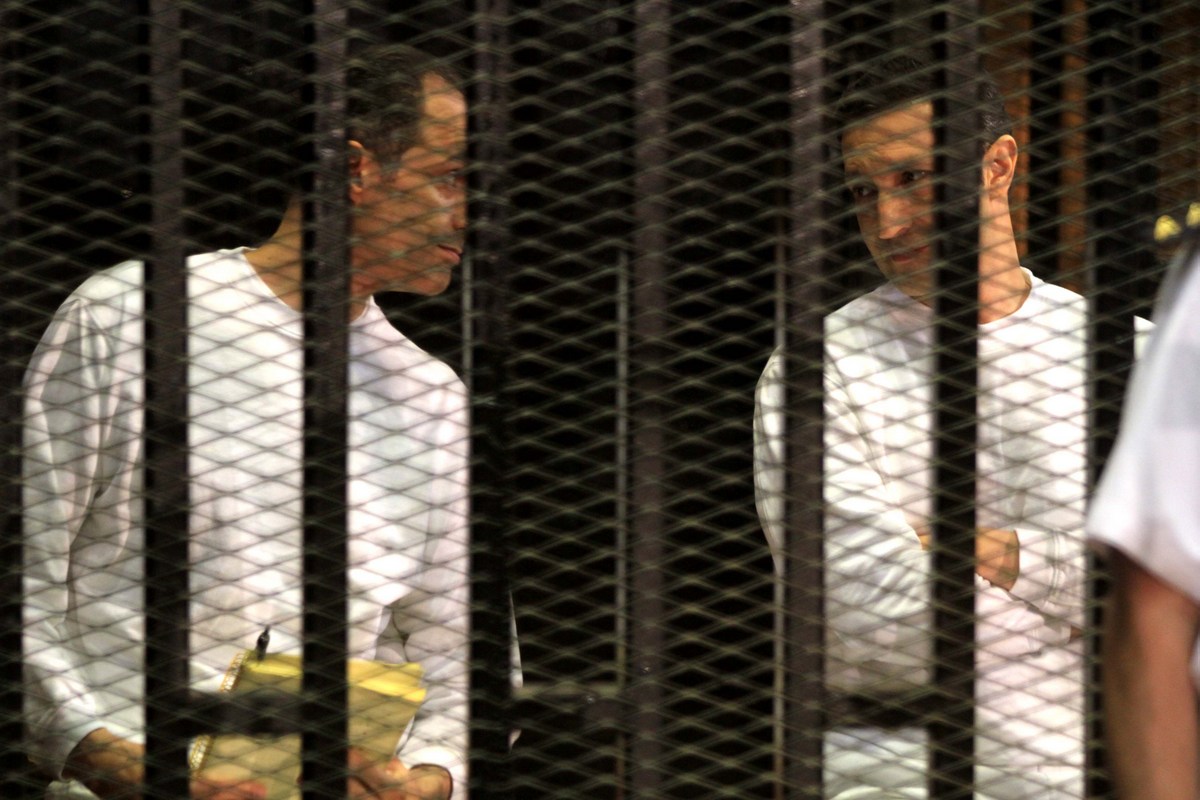Egypt was ranked in the highest risk category for corruption in the defence and security sectors in Transparency International’s Government Defence Anti-Corruption Index (GI) 2015 report covering the Middle East and North Africa (MENA) region.
The index measures the risk of corruption in defence establishments, ranging from A (very low risk) to F (critical). Egypt, Syria, Libya, Iraq, Yemen, Algeria, Morocco, Kuwait, Bahrain, Oman, and Qatar were all placed in category F.
“It assesses the existence and effectiveness of institutional and informal controls to manage the risk of corruption in defence and security institutions and of their enforcement,” according to the report.
The countries in the report spent more than $135bn on military expenditure in 2014, comprising 7.6% of global military spending.
The assessment views Egypt’s entire defence budget, which is estimated at around $4.4bn, is classified as a state secret, with no available details on defence spending. This is in addition to a lack of public or parliamentary scrutiny of the military’s economic activities, which is estimated to account for a significant portion of the country’s economy.
Budget Programme Officer at the Egyptian Centre for Economic and Social Rights (ECESR) Omar Ghannam said only an aggregated amount of military spending is provided but the number is usually “unreliable” and lacking details.
“For example, the majority of the military budget is labelled as other expenses,” Ghannam said. “Part of the military budget of any country is always protected but it usually constitutes only 10%-20% of that budget.” A military source, who preferred to remain anonymous, said all defence budgets around the world are secretive and only the aggregated numbers are published.
The source said a designated committee in the parliament revises certain aspects of the military budget but not all of it. All military activities associated with “public services” lie under the supervision of the Central Auditing Organisation (CAO).
Prime Minister Sherif Ismail issued a decision early October to exempt some bodies affiliated with the police and the military from the state budget law during FY 2015/2016. Ghannam said this move leads to a lack of oversight over the flow of funds and their use.
“The main problem is that workers are underpaid and have no right to labour organisation,” Ghannam said. “So instead of an internal cycle where money goes from consumer to producer to worker who is in turn a consumer, it turns into an open line from consumer to military to international arms suppliers. It does not only hurt the workers but siphons economic power.”
The report portrays “finance” as Egypt’s highest risk category, followed by “personnel and procurement”. Other risk categories include the political and operational risks. Regarding personnel, evidence collected by the assessors indicates that favouritism and loyalty often play a more important role than professional merit in the selection and promotion of personnel.
Recommendations for the military include publishing an annual detailed defence budget to allow for effective civilian and parliamentary monitoring of defence spending. The government should explicitly outlaw private enterprise by defence and security institutions and personnel and establish an objective, transparent appointment system for the selection of military personnel.
The organisation’s findings suggest that the lack of transparency, coupled with nepotism and corruption, raise doubts regarding the rising defence budgets in the region, which lead to diminishing public trust and state legitimacy.
The Egyptian Initiative for Personal Rights (EIPR) launched a campaign in September, where public spending and the government investment plan were analysed. Sectoral division of the government’s investment in FY 2015/2016 indicated that 21% of investments were allocated to “other services”.
According to the Ministry of Supply, the category “other services” includes, among others, investments in the defence and security sector, EIPR stated.
The allocated military budget in FY 2015/2016 is around $5.4bn for the defence and security sector, indicating an increase of almost $0.5bn from the previous year. The division of the expenditure indicates around 99% classified as “other expenses”, with the rest of the amount divided among salaries, purchases, subsidies, and social benefits.


